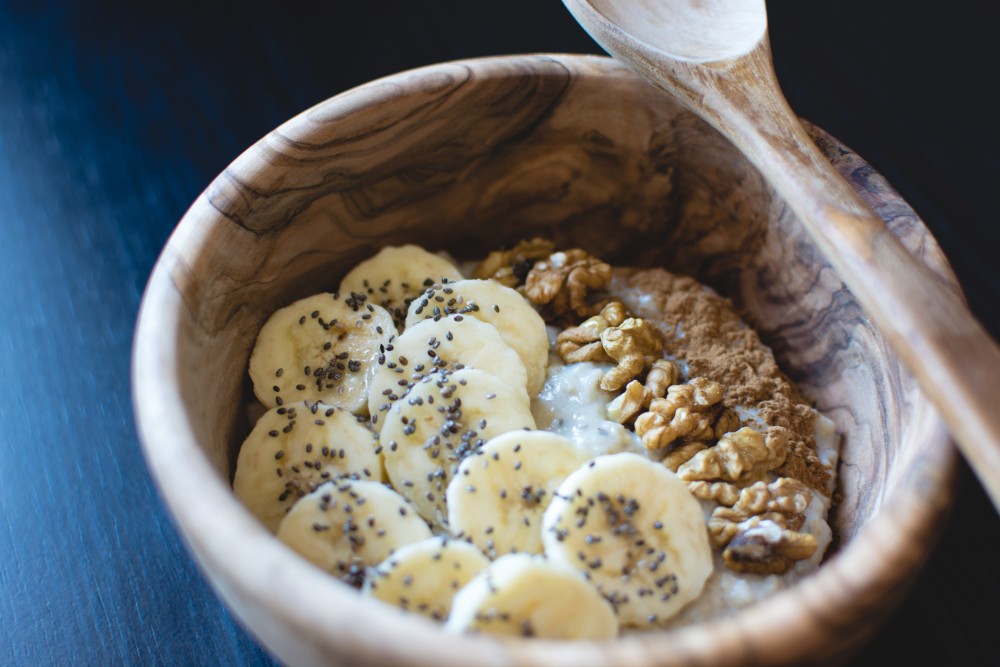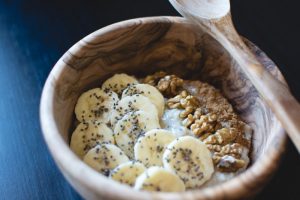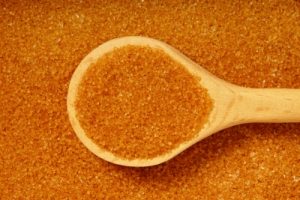Our guts are the largest component of the immune system in our body, thanks mostly to the microbiata – the large colony of 10-100 trillion symbiotic microbial cells. These microbial cells have their own genetic material and the totality of this genetic information is called the microbiome. Our microbiome is unique to each of us and you have the power to control this huge population, reaping all the amazing health rewards as a result.
Every dietary change you make is accompanied by changes in gut microbiota and the associated switches of their corresponding genes. In as little as one day, significant changes have been seen in the microbiome from a change in diet. Prebiotics are influences on the microbiome and help to enhance the overall population.
Generally, prebiotics are certain carbohydrates known to resist digestion in the small intestine and reach the colon where they are fermented by the gut microflora. By including prebiotics in your diet you will reduce your constipation, improve cardiovascular health, reduce inflammation in the gut, improve nutrient absorption and help guard yourself against colon cancer. Prebiotic rich foods include whole grains, artichokes, garlic, onion, leeks, asparagus, chives, legumes, peas and whole fruit as well as specific fibres such as slippery elm, psyllium and ground flaxseeds.
Probiotics, on the other hand, can help “balance” the flora, increasing the number of helpful microbes, and reducing the growth of harmful bacteria in the intestine. Probiotics can improve the gut immune response and improve defense against pathogenic bacteria that may cause diarrhoea. Probiotics have been used for thousands of years as they are an integral part of fermentation and include yoghurt, fermented vegetables and cultured drinks such as kombucha, and kefir. You can easily create your own probiotic foods and drinks; you just need the starter cultures – try these folks in Victoria, Nourishme Organics.





